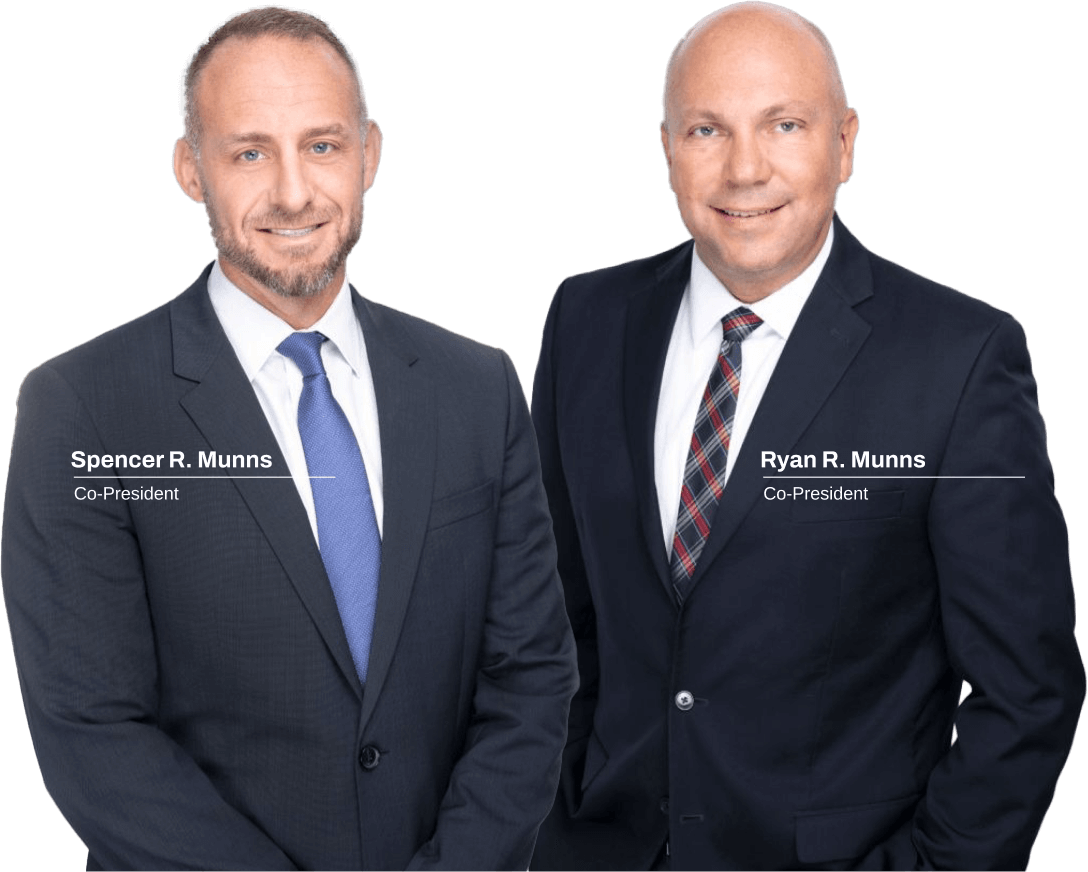1.) SCAN YOUR SURROUNDINGS.
The very first thing to do is breathe. Scan your surroundings. Conduct a little mental inventory: What do things look like around you? Is your vehicle still in the road, but facing the wrong direction? Are you hurt?
You’ll want to make sure you’re not further endangering yourself, McMillen said. Don’t necessarily leap out of the car and spring into action. Get your bear- ings.
To consult with an experienced car accidents lawyer today
855-780-9986
2.) CALL THE POLICE.
You’ll want to do this once you’re calm.
Contacting the proper authorities serves two purposes:
They’ll make a report, collecting people’s names, taking down the exact loca- tion of where the crash took place, and all other relevant vehicle information, which you’ll need later (and you typically wouldn’t collect all of that yourself). Also, the police report is vital when it comes to working with your insurance company, which might give you a hard time navigating a property damage claim or an injury claim without official “proof.” The proof is your police report. So you’ll want to make sure that one gets created.
3.) DESPITE THAT POLICE REPORT, STILL TRADE CONTACT INFORMATION WITH THE OTHER PERSON OR PEOPLE IN- VOLVED.
You certainly won’t take down as much information as the police, but it will be helpful if you swap some personal details with the other driver or drivers. Con- sider sharing names, addresses, phone numbers and email addresses.
If there were witnesses to the crash, take down their phone numbers, as well. Put this information in a safe place once you’re home. You never know if and when you might need it.
4.) SNAP SOME PHOTOS AT THE SCENE.
These days, most people have cellphones equipped with a camera, McMillen pointed out.
So document the damage and the cars involved, because you only have one chance to do this, the attorney advised, adding that once police arrive at the scene of the wreck and the cars are moved, your opportunity has now passed. But it’s a really important step to take, McMillen said.
5.) CALL YOUR INSURANCE COMPANY, BUT KEEP A FEW THINGS IN MIND WHEN YOU DO SO.
You want to get your insurance company on board early, as in, you shouldn’t wait too long to inform them of the accident. However, it’s probably smart to wait a bit before jumping to make the call.
“Accidents are anxiety-inducing. Your adrenaline is pumping,” McMillen said. “They’ll often ask questions (right away), and you want to be careful about the language you use.”
For example, the person on the phone might ask if you were hurt in the crash.
McMillen said a lot of times, someone will think he or she is fine at the scene — and then realize once things have calmed down, that perhaps there’s some pain after all. Adrenaline, by nature, is designed to mask our pain, so that we can function in a big event. So, you don’t want to tell an insurance spokesper- son “I’m fine,” and then realize you have some aches or pains in your lower back or legs.
So, what should you say instead?
“You’re better served to say, ‘I’m pumped up on adrenaline and I need a chance to clear my head,’” McMillen said. “If you feel instantaneous pain, sure, you can say that. But if you’re not certain, try to stay away from saying no.”
For what it’s worth, you don’t have an obligation to notify your insurance com- pany from the scene of the accident, McMillen said. You do have to cooperate with them, of course, but depending on the severity of the crash and your inju- ries, it might be better to have your own lawyer helping you prepare for the conversation.
Here’s another consideration to keep in the back of your mind: Even though you pay your auto insurance regularly, likely once a month, that doesn’t mean your insurance company will be easy to work with. While it might sound harsh to say that the company might not have your best interests at heart, that’s just how their business model is set up, McMillen said.
And you don’t want them to disprove your case.
“You don’t know the legal ramifications of your actions, words, (you might not know) your options — you could actually talk yourself out of insurance cover- age,” McMillen said. “When they’re talking to you, they’re looking for key words (and) phrases that would get them out of paying. There’s this idea (that) they’ll take care of you. But they don’t want to pay you. It’s better to have someone on your side to help you navigate everything.”
Click to contact our Florida Attorneys today
6.) IF YOU’RE HURT, SEE A DOCTOR.
In Florida, there’s an insurance statute that requires drivers to carry personal injury protection — sometimes known as PIP — benefits. This was designed in the 1970s, to eliminate personal injury litigation, McMillen said. And it made it so that the first $10,000 of any medical expenses would be covered by your insurance company.
The law is still on the books, but there are some limits.
The statute was written in a time when $10,000 would go a lot further.
“You go to the ER today, and you’ve blown through 90% of your PIP money,” McMillen said. “It doesn’t serve its purpose anymore.”
So keep that in mind: PIP will cover some of your treatment, but you must go to a qualified doctor or hospital within 14 days of the accident to confirm your injury. Otherwise, you’re waiving your right to those PIP benefits.
If you’re hurt, don’t hesitate to see a doctor.
“It’s always a good idea to get looked at,” McMillen said.
7.) BE WARY OF ANYONE WHO SHOWS UP AT YOUR DOOR WITH A CHECK.
There are insurance companies that will learn of your accident and then show up at your home offering a check, if you agree to sign some documents.
But once you sign, you’re waiving your rights to any claims — so be very suspi- cious before accepting any money or leaving your signature.
“It’s super important to get your own legal representation, because the insur- ance companies sure have theirs,” McMillen said.
Call or Submit Our Consultation Request Form Today





